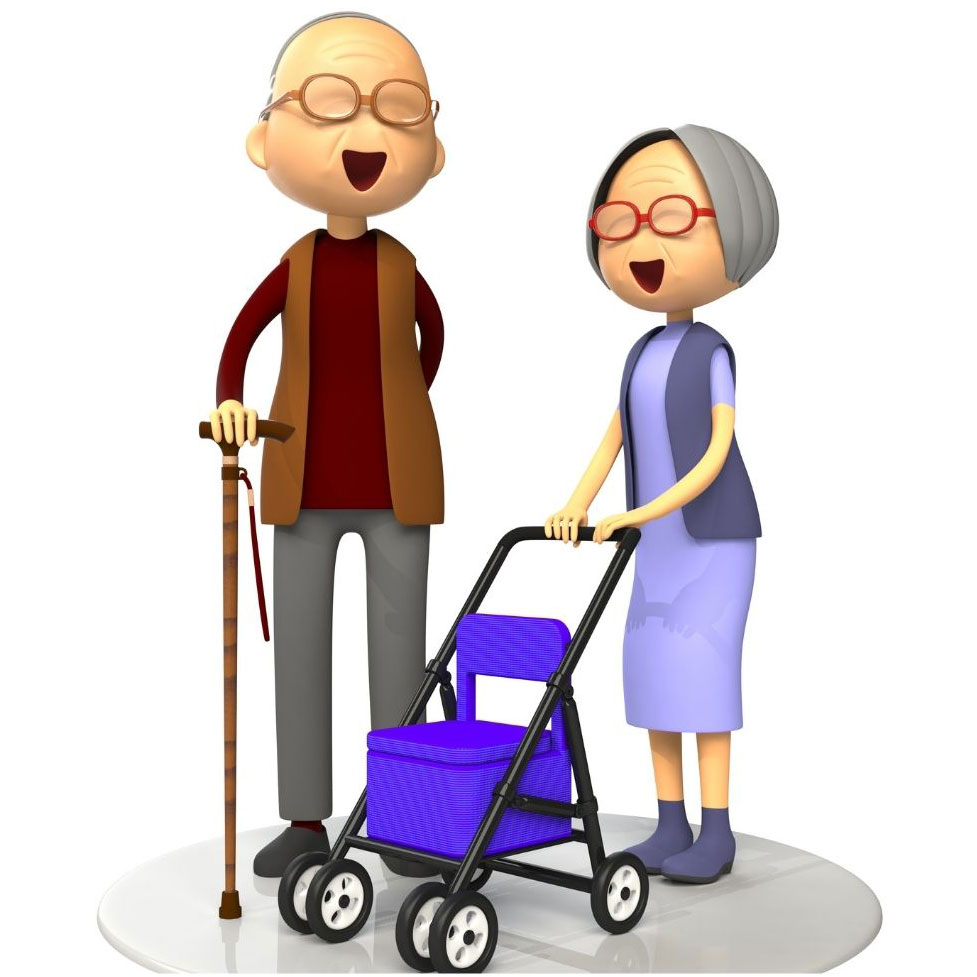Inspirational Stories Of Elderly. These individuals from various fields – sports, arts, politics, education, and more – demonstrate that age does not limit one’s ability to inspire, contribute, and achieve. Their stories are not just motivational but also challenge the stereotypes associated with aging.

Inspirational Stories Of Elderly People” Fauja Singh:
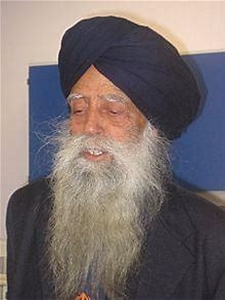
Fauja Singh took up running marathons at the age of 89 and became the first centenarian to complete a full marathon, achieving this feat at the Toronto Waterfront Marathon in 2011. His dedication to running not only shattered age-related stereotypes but also raised substantial funds for various charities.
Yuichiro Miura:
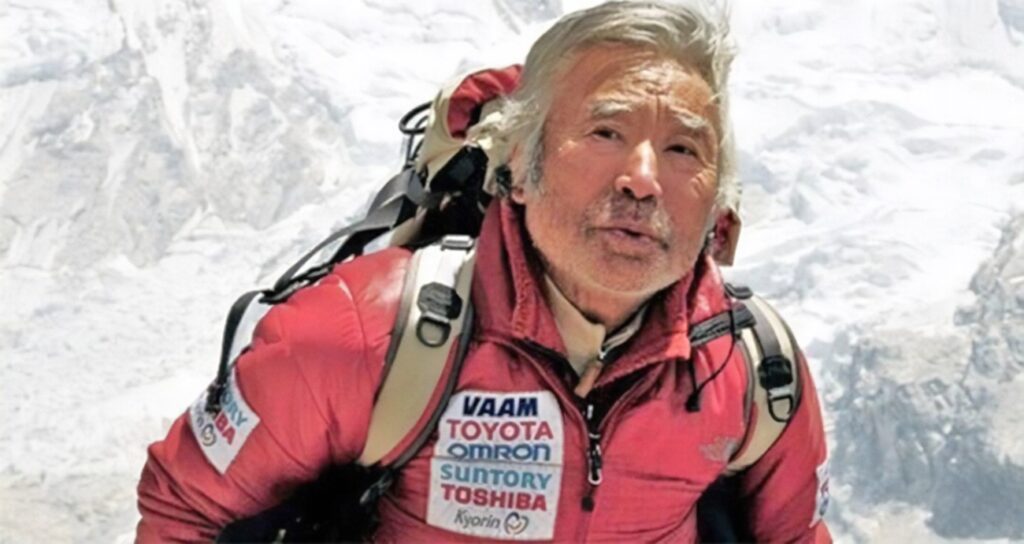
This Japanese alpinist became the oldest person to reach the summit of Mount Everest in 2013 at the age of 80. His achievement is a testament to his extraordinary physical fitness, determination, and passion for mountaineering.
Tao Porchon-Lynch:
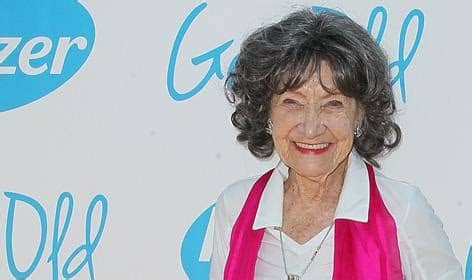
Known as the world’s oldest yoga teacher, Tao Porchon-Lynch taught yoga well into her 100s. She started practicing yoga in her childhood and continued to teach and inspire people with her positivity and life philosophy. She also had a successful career as a competitive ballroom dancer.
Doris Haddock (Granny D):
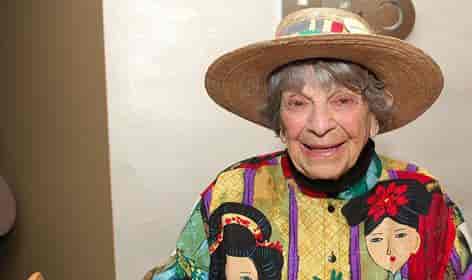
At the age of 90, Doris Haddock walked across the United States to advocate for campaign finance reform. Her 3,200-mile journey from California to Washington, D.C., which she completed over a year, brought significant attention to the issue and showcased her extraordinary commitment to political activism.
Desmond Tutu:
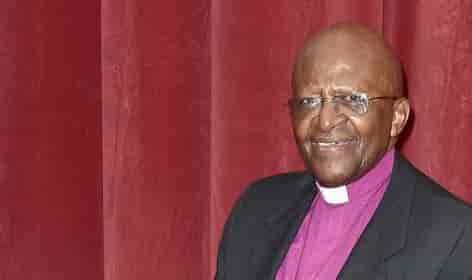
The South African Anglican bishop and social rights activist continued his advocacy work well into his later years. Tutu was instrumental in the fight against apartheid in South Africa and remained an active voice for peace, justice, and human rights worldwide.
Judith Kerr:
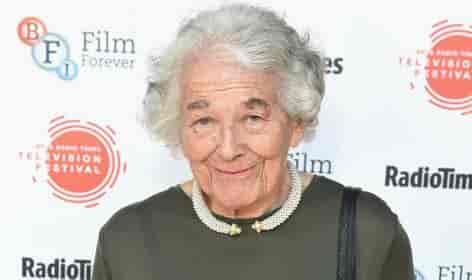
The author and illustrator of beloved children’s books like “The Tiger Who Came to Tea” continued her writing and artistic work into her 90s. Kerr’s dedication to her craft and her ability to connect with children through her stories remain an inspiration.
John B. Goodenough:
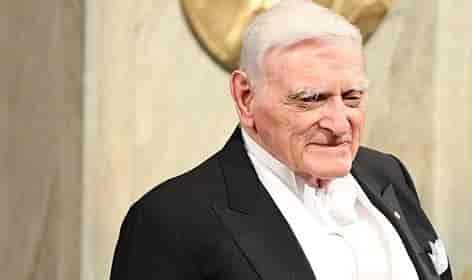
An eminent professor and solid-state physicist, Goodenough co-invented the lithium-ion battery. Notably, at the age of 94, he was part of a team that developed a solid-state battery, promising safer, faster-charging, longer-lasting rechargeable batteries.
Carmen Herrera:
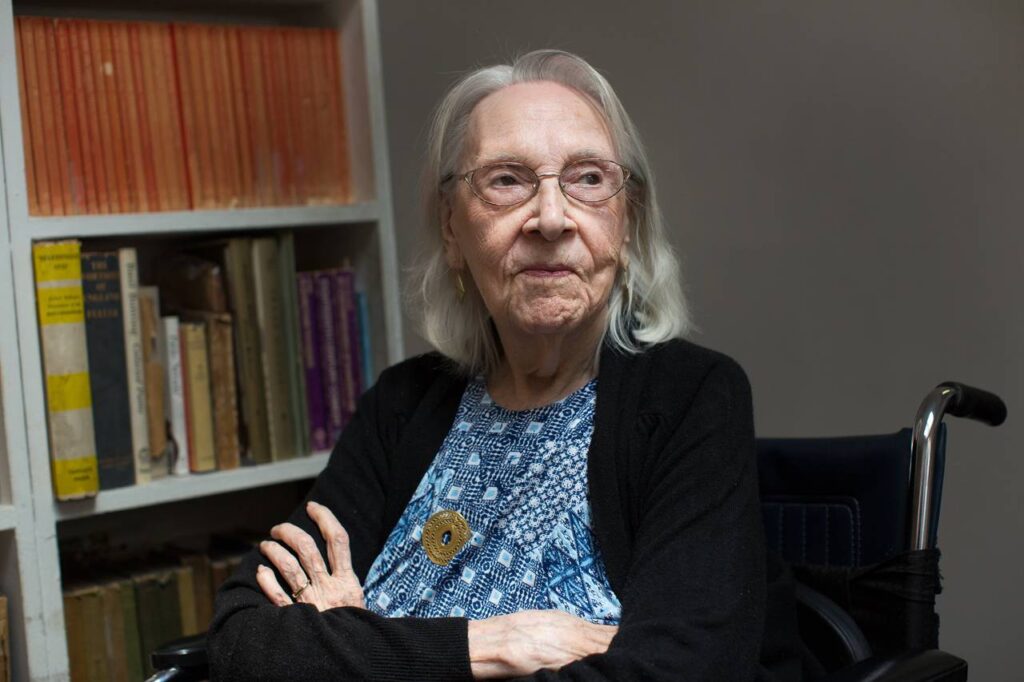
A Cuban-American abstract, minimalist painter, Herrera gained recognition for her work in her late 80s and early 90s. Her paintings, known for their vibrant colors and geometric forms, only started receiving significant attention when she was 89.
Harry Bernstein:
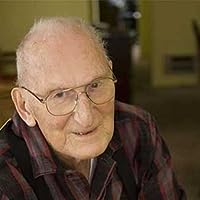
After a lifetime of writing without notable success, Bernstein published his debut memoir, “The Invisible Wall,” at the age of 96. His book received critical acclaim and he went on to write two more books, continuing to write until his death at 101.
Harriette Thompson:
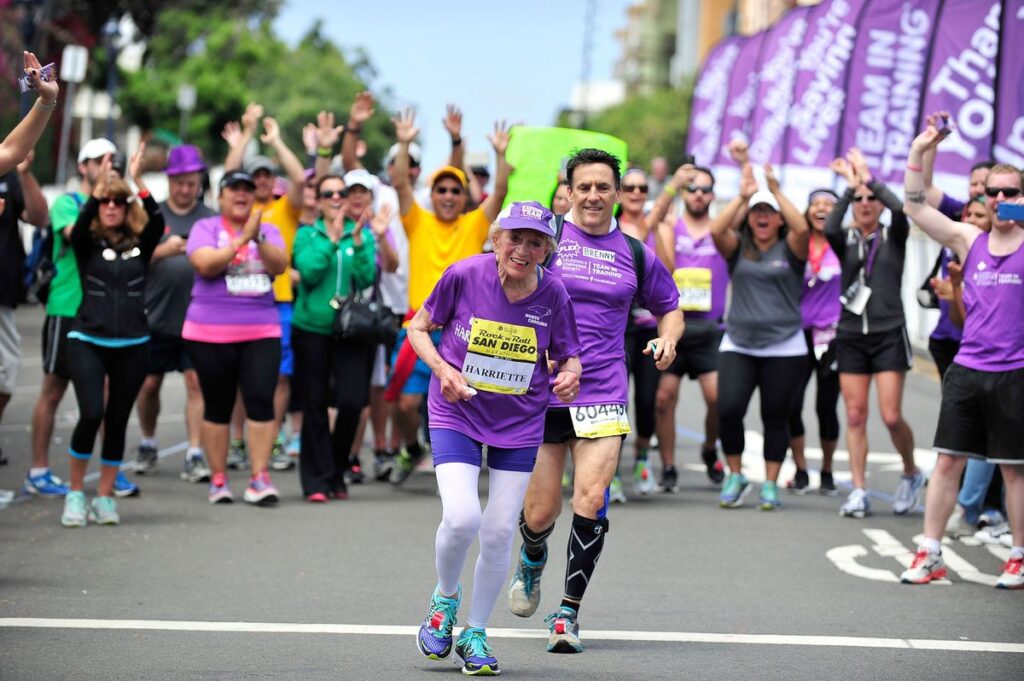
Thompson became the oldest woman to complete a marathon at the age of 92. She started running marathons at age 76 and has since become an inspiration for senior athletes worldwide.
Masako Wakamiya:
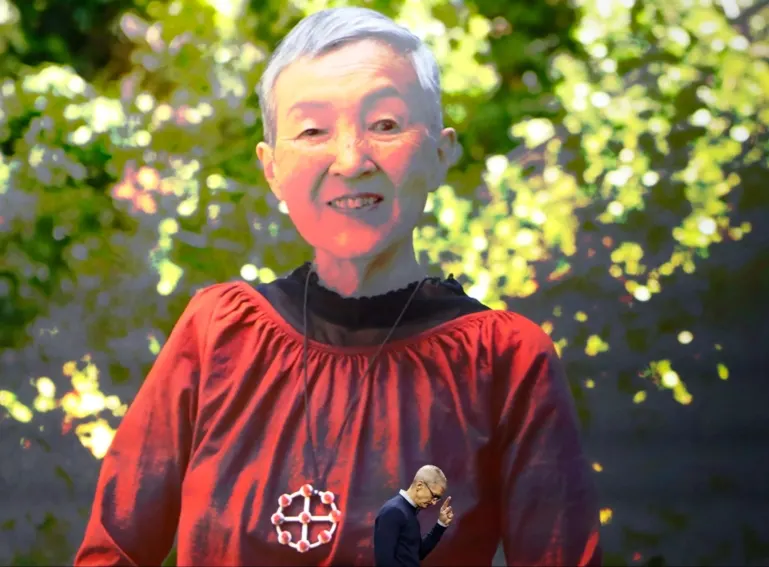
A Japanese senior, Wakamiya learned to use computers at the age of 60 and, at 82, became one of the world’s oldest app developers. She created a mobile game app to engage the elderly in technology and digital activities.
Sister Madonna Buder:
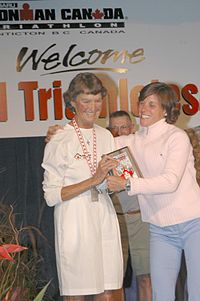
Known as the “Iron Nun,” Buder started competing in triathlons at the age of 52 and went on to become the oldest person to ever finish an Ironman triathlon at the age of 82. Her athletic pursuits demonstrate the possibilities of staying physically active in later life.
Nola Ochs:
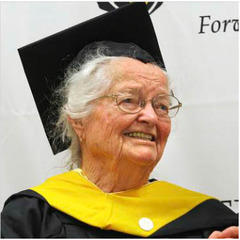
Ochs became the oldest person to receive a college diploma when she graduated from Fort Hays State University at the age of 95. She went on to earn a master’s degree at 98, proving that it’s never too late to pursue education.
Minoru Saito:

At 77, Saito became the oldest person to sail solo non-stop around the world. His journey showcased not only his sailing skills but also his incredible endurance and perseverance.
Giuseppe Paterno:
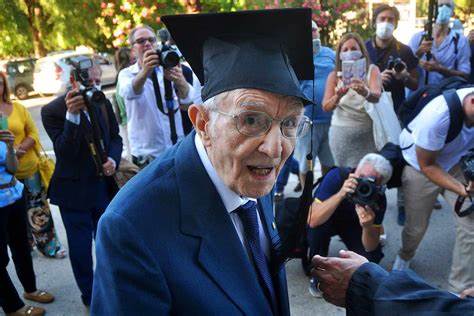
At 96, Paterno graduated from the University of Palermo with a degree in History and Philosophy, becoming Italy’s oldest university graduate. His pursuit of education later in life is a testament to his lifelong love of learning.
Eileen Kramer:
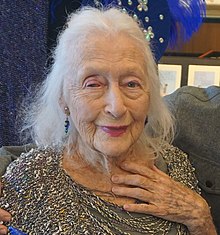
A professional dancer and choreographer, Kramer continued to choreograph and perform in her 100s. Her lifelong dedication to dance serves as an inspiration in the arts community, showcasing the timeless nature of creativity.
Hazel McCallion:
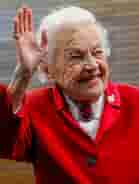
Serving as mayor of Mississauga, Canada, until the age of 93, McCallion was one of the oldest mayors in the world. Her long tenure and effectiveness in office redefined the expectations of seniors in political roles.
Stanislaw Kowalski:
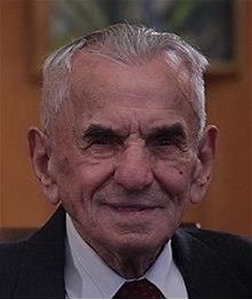
At 104, Kowalski became the oldest person in Europe to run a 100-meter race, demonstrating extraordinary physical fitness and vigor for someone of his age.
Aleksander Doba:
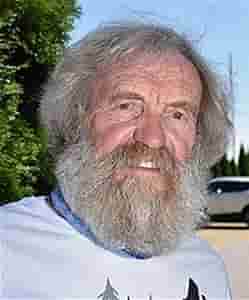
This Polish kayaker successfully crossed the Atlantic Ocean solo in a kayak at the age of 70. He continued undertaking long-distance kayaking expeditions well into his 70s.
Colette Maze:

A French pianist, Maze continued to play and record music past her 100th birthday. Her long career and continued performances are a tribute to her enduring passion for music.
Diana Nyad:

At 64, Nyad became the first person to swim from Cuba to Florida without a protective cage, a feat of endurance and strength that she achieved after several attempts.
Morris Kahn

A businessman and philanthropist, Kahn continued to invest in and support various startups and philanthropic projects well into his 80s, contributing significantly to industries and humanitarian causes.
T. Boone Pickens:
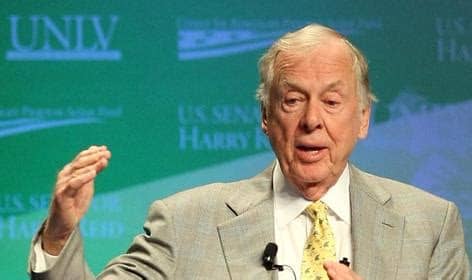
A well-known business magnate, Pickens remained active in business and philanthropy into his late 80s, demonstrating a sustained commitment to his work and charitable causes.
I. M. Pei:
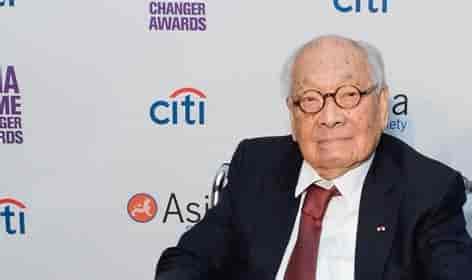
The renowned architect continued to work and design well into his 80s and 90s, including the Museum of Islamic Art in Qatar, showcasing his ongoing creativity and influence in architecture.
Ruth Bader Ginsburg:
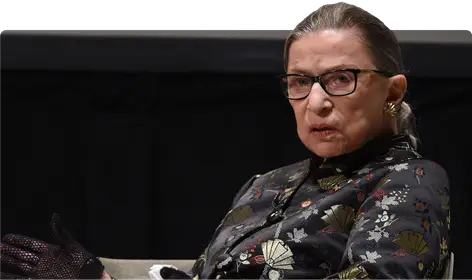
The U.S. Supreme Court justice served on the court until her death at 87, continuing to influence major legal decisions and demonstrating a strong dedication to her judicial role.
Iris Apfel:
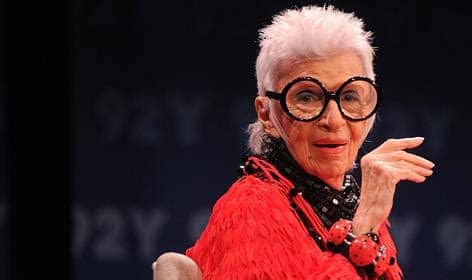
A businesswoman and fashion icon, Apfel became a fashion industry sensation in her 90s, known for her eclectic style and vibrant personality.
Man Kaur:
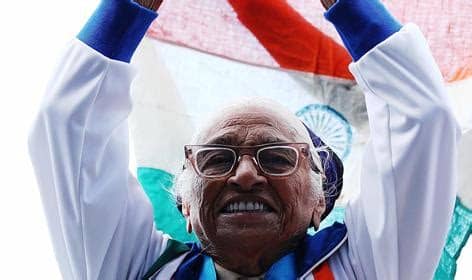
At 101, Kaur won the 100-meter sprint at the World Masters Games in New Zealand, showcasing extraordinary athletic ability for her age.
Lew Hollander:
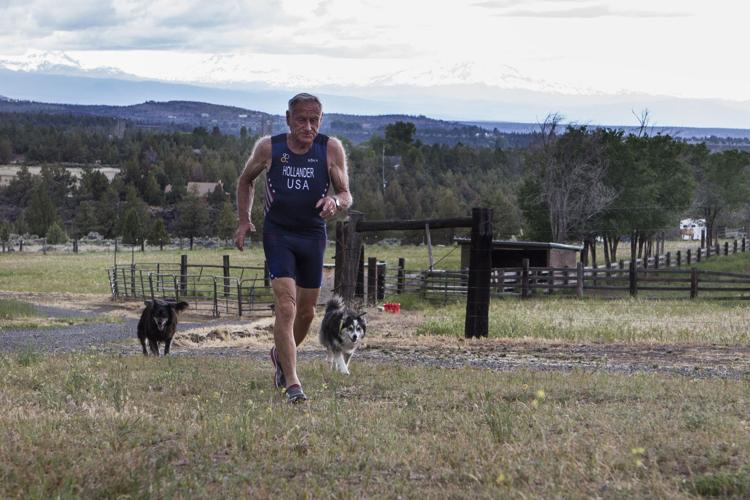
Hollander became the oldest person to complete an Ironman triathlon at 85, exemplifying extraordinary physical fitness and endurance.
Alix Klineman:
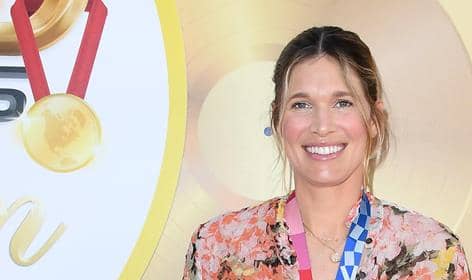
This beach volleyball player, although not elderly, defied age stereotypes by partnering with April Ross to win the Olympic gold medal at 39, an age considered senior in the sport.
Agnes Kasparkova:
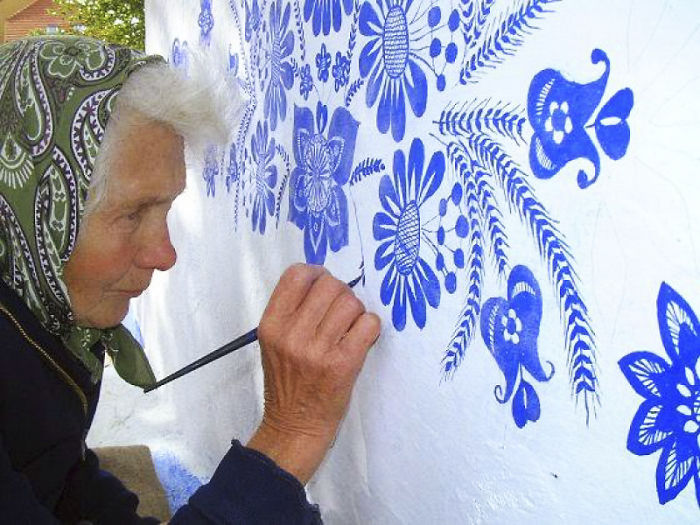
A Czech grandmother, Kasparkova started painting traditional Moravian folk art on the houses in her village in her 80s, becoming known for her artistic talent and dedication to preserving cultural traditions.
Mieko Nagaoka:
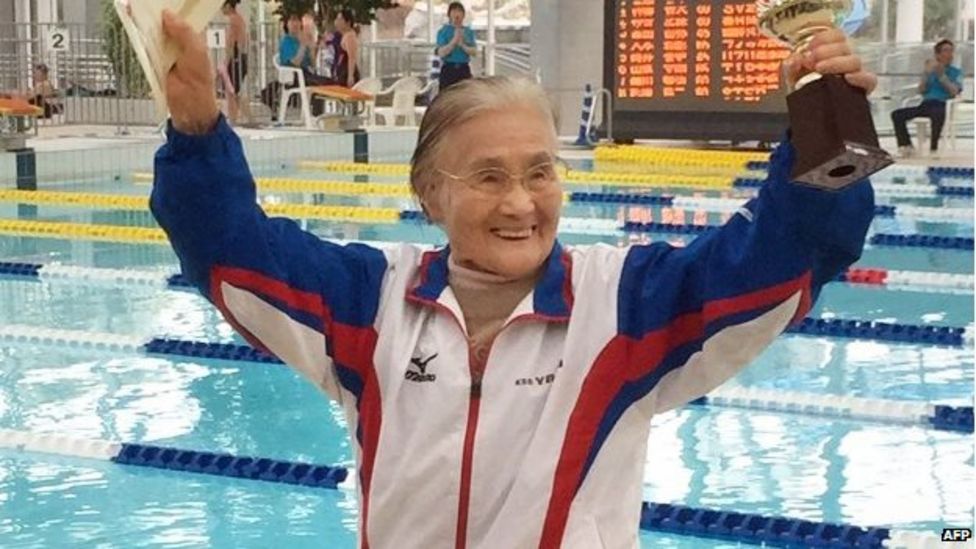
A Japanese centenarian swimmer, Nagaoka continued to break world records in swimming in her age category, showing exceptional athletic prowess.
Charles Eugster:
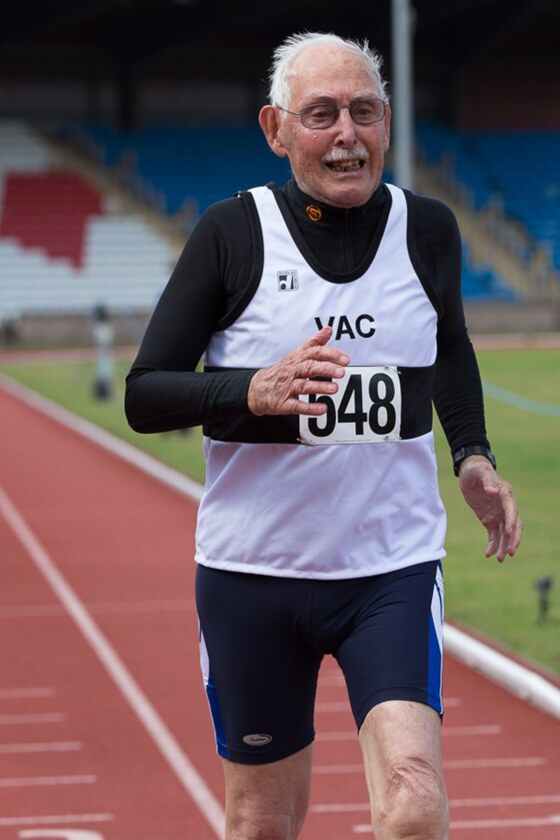
At 95, Eugster set the age-group world record in the indoor 200m and 400m sprints, proving his athletic capabilities and setting a new standard for senior athletes.
George Corones:
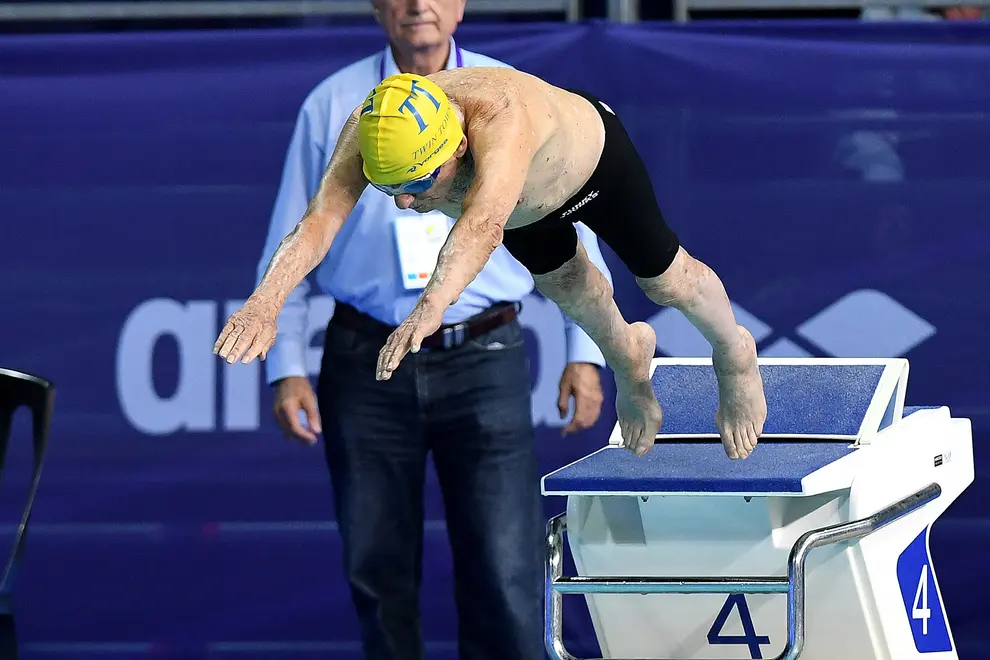
Breaking the world record for the 50-meter freestyle swim in the 100-104 age category at 99, Corones displayed remarkable swimming ability and determination.
Tutu Puoane:
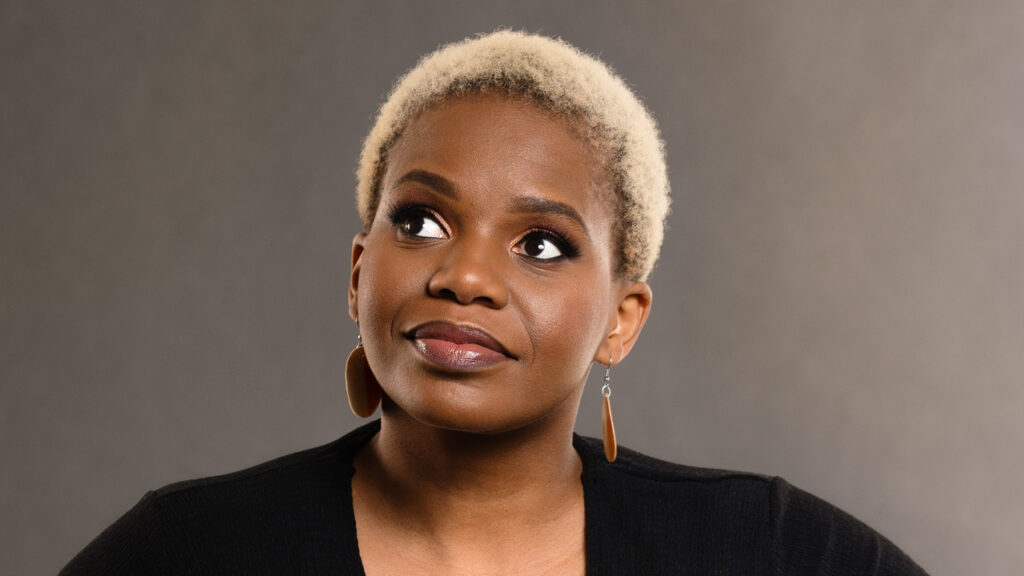
A celebrated jazz singer, Puoane continues to perform and inspire audiences in her later years, showcasing the enduring power of artistic expression.
These stories highlight that age does not limit one’s ability to inspire, contribute, and achieve. They serve as powerful reminders of the potential that lies within each individual, regardless of age.
These individuals exemplify that the later years of life can be a time of creativity, productivity, and profound accomplishment. Their stories serve as powerful motivations and reminders of the limitless potential that exists at any age.
Here Are Several Ways To Use Inspirational Stories
- Personal Motivation: Reading or listening to inspirational stories can motivate you to overcome challenges, pursue your goals, and maintain a positive outlook on life.
- Teaching and Education: Educators can use inspirational stories to teach important life lessons, moral values, and to instill a sense of resilience and determination in students.
- Mental and Emotional Well-being: Inspirational stories can offer comfort and hope, especially during difficult times. They can be a source of healing, helping individuals to cope with personal struggles and find inner strength.
- Public Speaking and Presentations: Incorporating inspirational stories in speeches or presentations can make them more engaging and impactful, helping to convey messages more effectively.
- Leadership and Team Building: Leaders can use inspirational stories to motivate teams, foster a positive work environment, and encourage a culture of perseverance and teamwork.
- Social Media and Blogging: Sharing inspirational stories on social media or in blog posts can uplift others, spread positivity, and build a community of like-minded individuals.
- Counseling and Therapy: Therapists and counselors often use inspirational stories to inspire hope and encourage clients to adopt new perspectives on their situations.
- Personal Development and Self-Improvement: Inspirational stories can be a source of learning, encouraging self-reflection, personal growth, and the development of new skills or attitudes.
- Cultural and Community Events: Sharing inspirational stories during cultural and community events can strengthen communal bonds and promote shared values.
- Artistic Inspiration: These stories can inspire artists, writers, filmmakers, and musicians to create art that reflects the themes of resilience, hope, and triumph over adversity.
- Networking and Social Interactions: Sharing inspirational stories during social interactions can deepen conversations, create meaningful connections, and encourage others.
- Family Bonding: Sharing and discussing inspirational stories within the family can strengthen bonds, teach children valuable lessons, and create a supportive family environment.
- Overcoming Personal Challenges: Inspirational stories can provide practical strategies and insights on overcoming personal challenges, whether they are related to health, career, relationships, or personal growth.
- Volunteering and Community Service: These stories can inspire and motivate volunteers and community workers, reinforcing the impact and importance of their work.
- Religious and Spiritual Growth: In religious or spiritual contexts, inspirational stories can reinforce faith, provide moral guidance, and foster a deeper understanding of spiritual teachings.
Using inspirational stories in these ways can enrich our lives, providing encouragement, wisdom, and a sense of shared humanity. They remind us of the potential to overcome adversity and achieve remarkable things, regardless of the circumstances.
